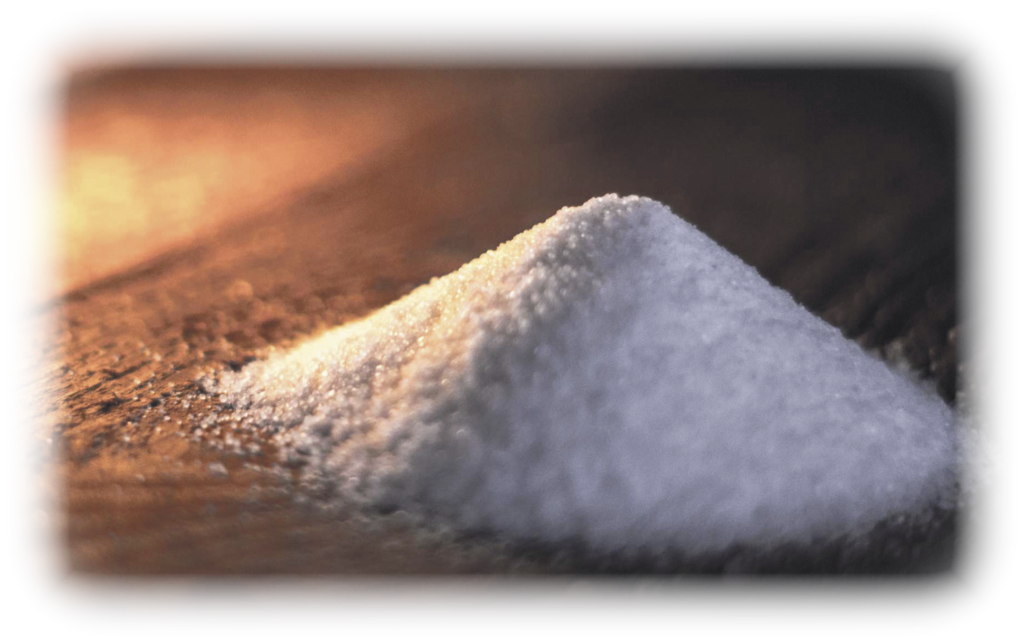WelCom April 2022
The season of Lent is about change and a conversion of the heart. As a Lenten reflection and in preparedness for Easter, Fr Alan Roberts issues a challenge to the Church to improve our fluency and knowledge of te reo and tikanga Māori.
“In celebrating Easter we are celebrating both the death and resurrection of Jesus. If we are to be authentic disciples of Jesus we must be prepared to embrace the cross implied in bringing about the resurrection of a Church rooted in justice.” – Fr Alan Roberts
Alan Roberts
A lust for power is a real sin. As I write, Russia’s invasion of Ukraine looms like an ominous cloud. Today, I have seen a maternity hospital bombed and destroyed. How can this be? This attack may have some kind of reasoning behind it for Russia, but nothing can justify the destruction we have so far witnessed on our televisions. It is evil and unjust and like all injustice it will contribute nothing to the development of humanity. The challenge therefore for me in this article is to zero in on one issue that might correct an injustice we live with here in the Catholic Church of Aotearoa, New Zealand. That issue is ‘te reo and tikanga Māori’ within our Liturgy.

It is an accepted fact that when you deprive a people of their language, they may lose their culture and their true identity because language and culture are entwined. This is what has happened in New Zealand. Article Two of the Treaty of Waitangi guarantees the protection of their taonga and this surely includes language. Te Reo Māori is acknowledged, recognised as a taonga and as such is legislated as one of the official languages of our nation.
These days you must have noticed how new phrases in te reo are being frequently introduced by our news readers and reporters. It is an effort on the part of the media to bring about a familiarity with the Māori language, something all New Zealanders should have had from infancy. It is good that this effort is taking place, but shouldn’t the Church be leading the way? In celebrating Easter we are celebrating both the death and resurrection of Jesus. If we are to be authentic disciples of Jesus we must be prepared to embrace the cross implied in bringing about the resurrection of a Church rooted in justice.
Several years ago the late Bishop Max Takuira Mariu said before his death: ‘We have a Mass in Māori but we don’t yet have a Māori Mass.’ Bishop Max died in 2005. And around 40 years ago we started tinkering by introducing the Sign of the Cross and final blessing in te reo Māori. In 2022 we are no further ahead. We have the gall to believe that is enough. And we do this as pākehā because we believe we have given Māori their rightful place.
In the Church of Aotearoa how many of our bishops and priests are reasonably fluent in te reo? Would you not think fluency would be a requisite these days for Ordination? Let me assure you it isn’t. And then, how many Sunday Mass goers even know the basic responses in te reo? Shouldn’t it be second nature for us to flick in and out of both languages even when we pray and particularly when we worship. We do provide Miha Māori (Mass in Māori), mostly poorly attended, but if we had made a greater effort years ago, I think we would see many more Māori in our pews.
Should I also ask what happens in our schools? I wonder how many are making a concerted effort to find teachers or train them to ensure that te reo is part of every Catholic’s education.
If we seriously recognise that a grave injustice was done to Māori by ignoring their language over the years, then surely we, rather than the media should be leading the way – salt, light, leaven, prophet!
If we seriously recognise that a grave injustice was done to Māori by ignoring their language over the years, then surely we, rather than the media, should be leading the way – salt, light, leaven, prophet!”
Our tinkering has been going on for a very long time.
This injustice may not seem as deliberate as Russia’s invasion of Ukraine, but it is an injustice, and I would predict that given the fairly widespread renaissance of tikanga Māori, the Māori will never feel that the Church is theirs until we make the effort to ensure they recognise it as relating to their world.
Examining our lives around this issue is vital for Catholics. We share in Christ’s work of liberating the oppressed. We have to make sure we aren’t working against it?
Fr Alan Roberts is parish priest at Ko Te Parihi o Hato Mere – St Mary’s Parish, Pukekaraka Marae, Ōtaki.